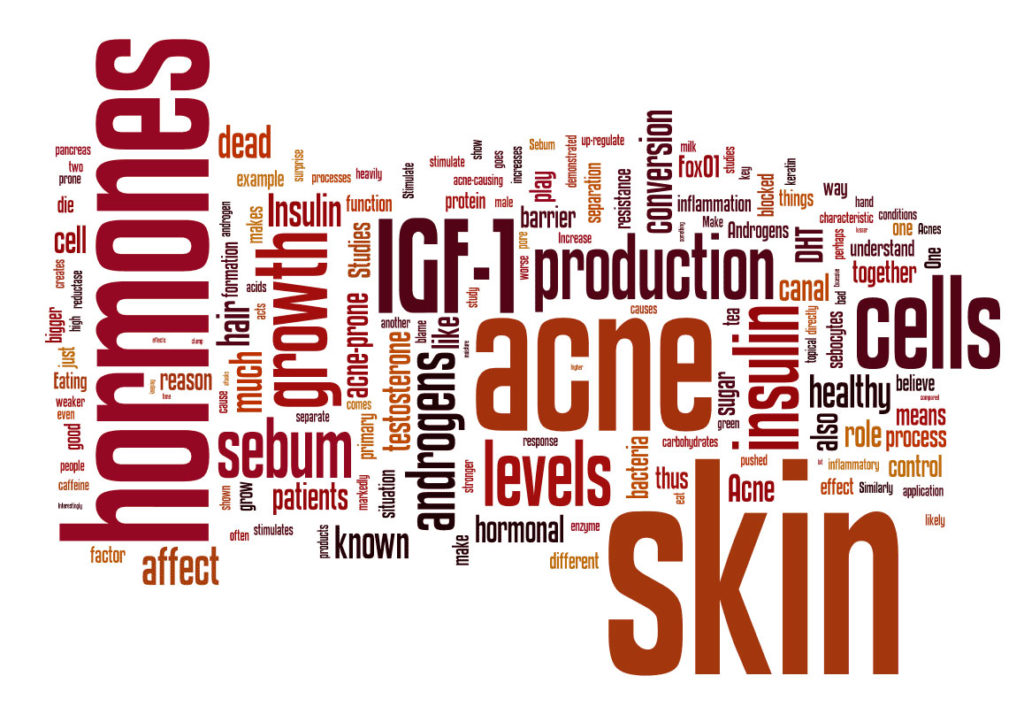Last month we looked at the importance of proteins and their various functions in the body. This month let’s have a look at how much we actually need to adequately provide for our body’s needs.
Requirements are worked out based on body weight, activity levels, age, and for women, whether they are pregnant or lactating. For the average person, 0.8 g of protein per kilogram of body weight is sufficient. Children, adolescents, body builders, endurance athletes and pregnant or breastfeeding women, have higher requirements.
Protein on its own will not cause muscle growth, only regular weight training can cause muscles to increase in size if sufficient protein is available.
It is important to drink more water if you have a high protein diet, as this assists in the excretion of the by-products of protein metabolism.
Food sources of protein are pretty obvious: meat, poultry, fish, eggs, dairy, soy products, legumes, nuts, seeds, and small amounts in wholegrains and vegetables. Interesting fact: Quorn is a vegetarian meat substitute, made from fermented fungus, which contains all the essential amino acids found in meat. Generally, though, it is easier to get all the essential amino acids from animal protein than it is from vegetable sources.
Some examples:
· 135 g of lean beef steak provides 38.2 g protein
· 100 g canned tuna provides 25.3 g protein
· 100 g of cooked lentils provides 9 g of protein
· 100 g tofu provides 8 g protein
· 1 cup (185 g) cooked quinoa provides 8 g protein
· 100 g boiled red kidney beans provide 8 g protein
· 1 boiled egg provides 6 g protein
· 28 g almonds provide 6 g protein
These whole food sources of protein also provide other nutrients like various minerals and vitamins. Eating the right amount of protein can help with weight loss as it keeps us fuller for longer and helps to maintain stable blood sugar levels.
Protein is a very important part of our diet, but it really doesn’t need to be excessive. Balance is the key. If you would like to find out what that looks like for you, connect with me at paula@drkathleen.co.nz for an appointment or contact us by phone: (09) 973 00770.

Registered Nutritionist (NZ) & Health Coach
(BSc Nutrition and Sports Science)
Member of the Nutrition Society of New Zealand
References:
· http://www.nutritionfoundation.org.nz/nutrition-facts/Nutrients/protein)
· Thompson & Manore p 222 –
· https://www.ncbi.nlm.nih.gov/pmc/articles/PMC4144270/
· http://www.quorn.co.nz/About-Quorn/
· https://www.healthline.com/nutrition/high-protein-foods




